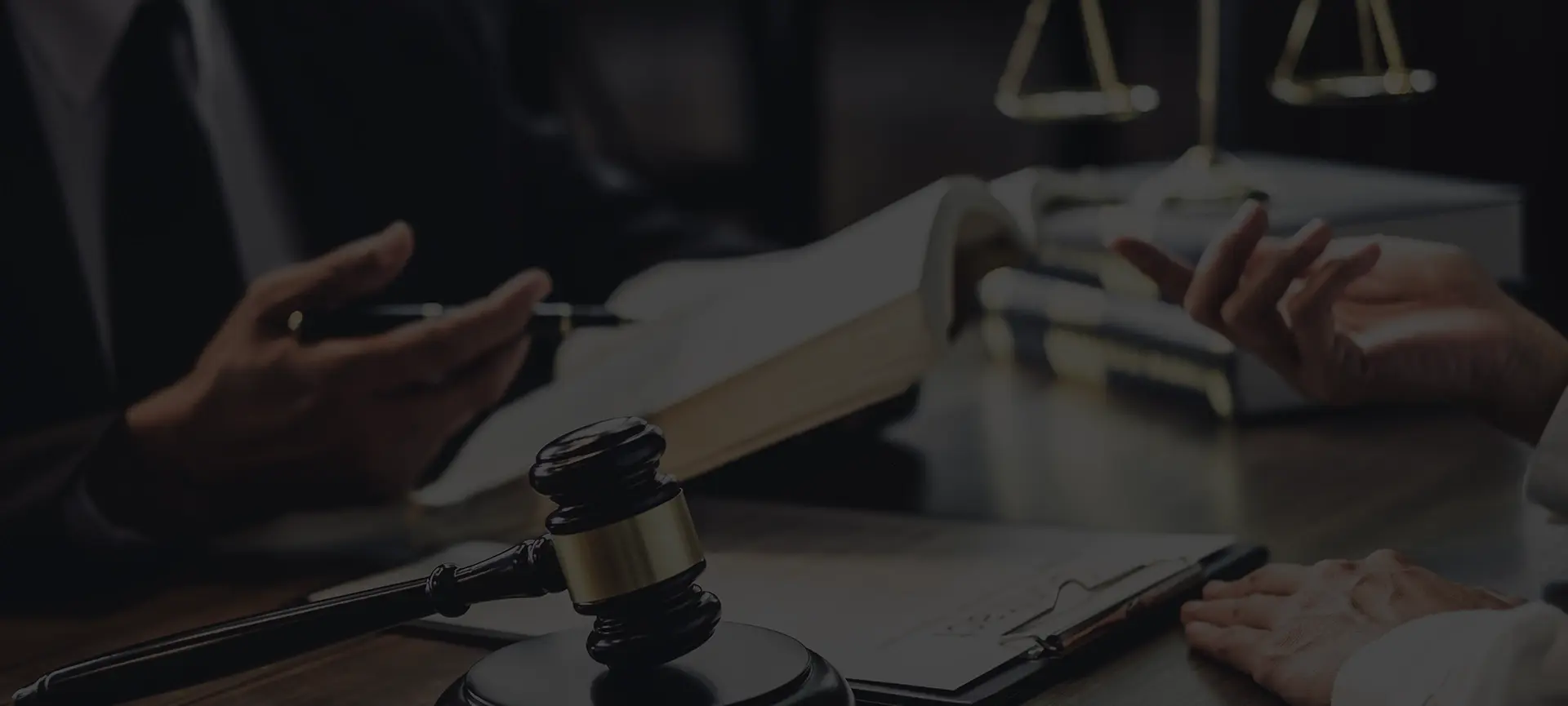Two men stood in Canadian courts last month, bowed their heads, and uttered one word: “Guilty.”
Jaskirat Singh Sidhu, the 30-year-old truck driver at the centre of the Humboldt Broncos bus tragedy, pleaded guilty to multiple counts of dangerous driving after 16 people were killed and 13 others injured in April 2018.
Bruce McArthur, 67, pleaded guilty to eight counts of first-degree murder in the deaths of eight men who disappeared in and around Toronto’s Gay Village between 2010 and 2017.
The guilty pleas in the two different criminal cases prompted mixed emotions from friends and family of the victims: surprise, outrage and, for some, relief.
The pleas also left some asking: Why would either man waive their constitutional right to trial?
[…]
When an accused gives up the right to a trial, the generous interpretation is that he or she is accepting blame and expressing remorse for their actions.
“You’re potentially giving up a defence that had merit, and that means a lot to the court because it means that the person is truly accepting responsibility,” said Michael Spratt, an Ottawa-based criminal defence lawyer.
Read Duncan McCue’s full article: CBC



